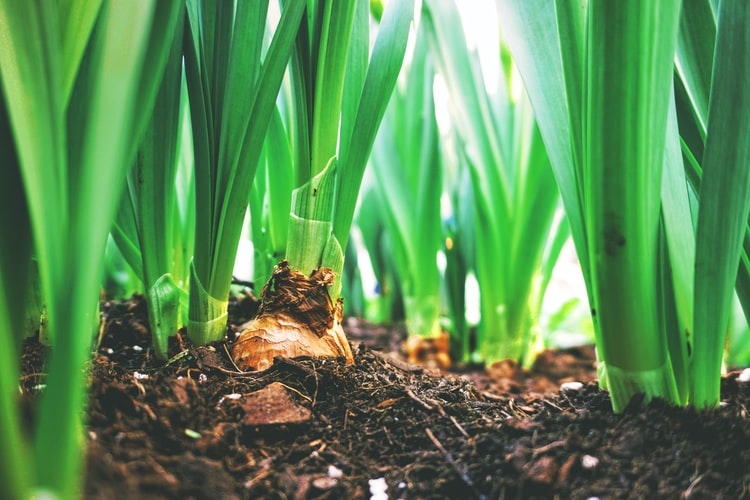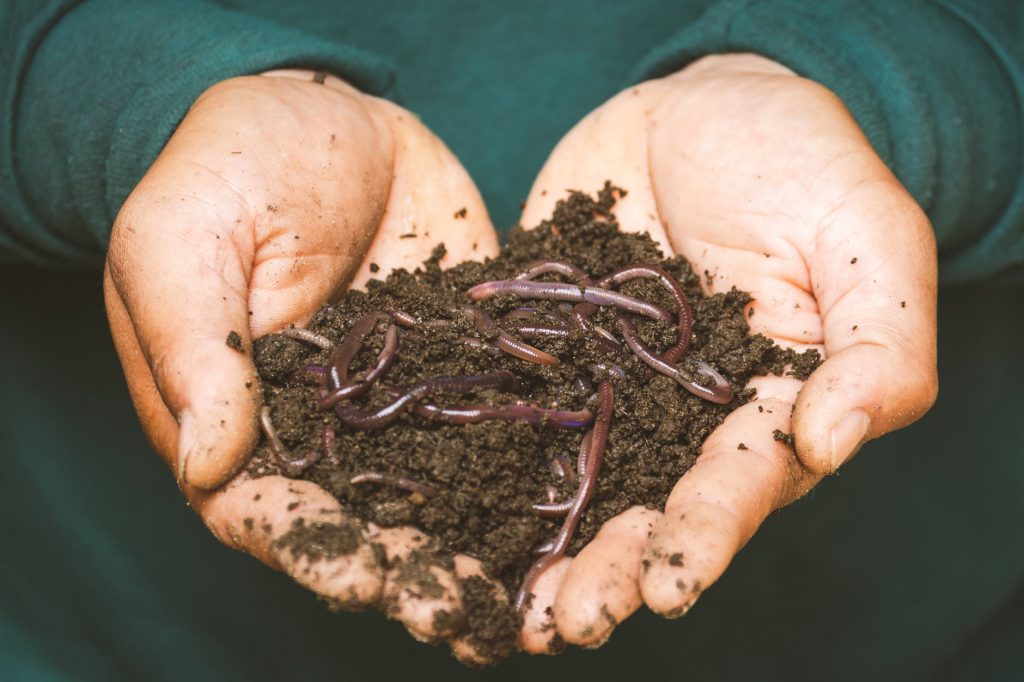There is a lot of talk nowadays about how we can better manage our waste more responsibly whether that is concerning single-use plastics, recycling or composting our waste.
It is talked about more undoubtedly due to the severe impact waste ending up in landfill has on our environment, specifically the significant amount of green house gas emissions landfill sites produce.
Not only that, but the population in Sydney, Australia and the rest of the world is rapidly increasing, with a global population estimate of 9 billion by 2050. When the population increases, so does our waste.
Finding where we can individually make small but meaningful changes in our day-to-day lives can make a big difference, especially if we help and educate one another.
In the Hills District, there is concern about the amount of waste we are contributing to landfill. The Resilient Sydney Report by The Hills Shire Council using data collected from 2016/17 found that The Hills Shire were contributing more residual and green waste per capital then the NSW average. To be more specific, residents within the Hills District generate 17% more residual waste per capital and 28% more green waste.

How Can We Reduce Our Waste Going to Landfill?
“In NSW, more than a third of the average red lid garbage bin is wasted food. That’s $10 billion worth of good food that’s being thrown away every year by NSW households”.
Love Food, Hate Waste (NSW Government)
It may feel like we just throw out food here and there, but overtime the food we waste adds up. Think about what that adds up in dollars?
Fortunately, there is a way we can divert our organic food waste from Landfill. It is a little thing called Composting.
Composting is the Way Forward for Urban Cities
Composting is a great way to divert your food waste from something harmful, into something valuable. Fruits and vegetables are filled with valuable nutrients and energy that when composted, can enrich your soil and help your plants flourish.

Do’s and Don’t’s of Composting
Do’s
The idea of composting is relatively simple, in that it is the decomposition of organic material, however not everything should be composted at home for various reasons such as some food items may attract rats or they may take too long to decompose.
- Fruit and Vegetable Scraps
- Grass Clippings
- Leaf Litter
- Coffee grounds
- Newspaper
- Paper
- Vegetarian Manure (horses, cows, sheep manure)
- Egg Shells
Don’ts
- Non-Vegetarian Manure as they can carry pathogens that spread disease
- Meat, Fat and Dairy Products as they can attract rats, possums or foxes
- Colored paper – coated wax prevents the paper from composting well, may need shredding
An Awesome Deal for a Compost Bin!
If you do not have a compost bin, you can get one from your local council, as some councils are providing large discounts to encourage this fast-growing compost movement!
If you reside in the Hills District, the Hills Shire Council are providing discounted compost bins, worm farms and Bokashi’s for up to 70% off with Delivery included!
Click here to get your discounted Compost Bin!

If you can’t have a compost bin due to your living situation, perhaps you are living in an apartment or have a small backyard, then there is an app you can check out called ShareWaste.
ShareWaste is an amazing app that helps people in this predicament. The app allows you to find people near you that are accepting food scraps for their compost or worm farm from others. More then 60,000 people are using this app, and as it grows, so does the amount of organic waste we divert from Landfill!
Other Options?
More local governments around Australia are beginning to collect food and garden waste in their organics kerbside bin collections, which should see an increase in food waste recovery in future years. Soon, more and more people will have the opportunity to redirect their food waste from landfill and help create a more sustainable community.
Thank you
Thank you for being interested in making a difference to the environment by taking small but meaningful changes in your day-to-day life. I hope you have learnt a thing or two from this post and your welcome to comment below if you have any questions you may have about this post or CHEN in general!
